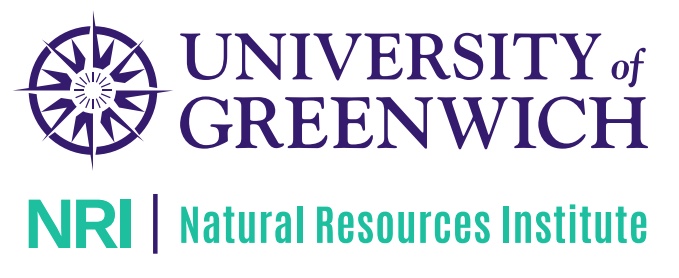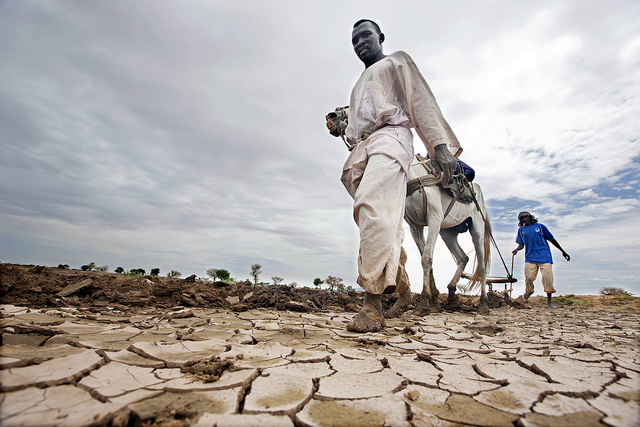Focal point
Location
The Natural Resources Institute (NRI) of the University of Greenwich is a unique multi-disciplinary centre of excellence. We have an established reputation for delivering high quality research, advice, teaching and training in support of global food security, sustainable development and poverty reduction.
Members:
Resources
Displaying 11 - 15 of 19LEGEND Land Policy Bulletin 14
This bulletin focuses on land tenure regularisation (LTR), with articles from practitioners to accompany the new LEGEND report Securing land rights at scale: eight lessons and guiding principles on land tenure regularisation.
Securing land rights at scale [executive summary]
This is the executive summary of the full report Securing land rights at scale. The report reflects on the experience of DFID land programmes which include LTR across six countries (Guyana, Rwanda, Nigeria, Ethiopia, Tanzania and Mozambique), drawing also wherever possible on relevant experiences of programmes driven by other donors.
Securing land rights at scale
This report reflects on the experience of DFID land programmes which include LTR across six countries (Guyana, Rwanda, Nigeria, Ethiopia, Tanzania and Mozambique), drawing also on relevant experiences of programmes driven by other donors.
Summary of the LEGEND Challenge Fund learning framework
The Land: Enhancing Governance for Economic Development (LEGEND) Challenge Fund supports innovative partnerships between non-profit organisations and agricultural investors with the goal of encouraging responsible agricultural investment. The £3.65 million fund is a core component of DFID’s LEGEND programme.
Strengthening Dryland Women's Land Rights
Land and land-based natural resources are the foundation of livelihoods for millions of people and are related to social, cultural and spiritual identity. This is particularly the case for drylands people, who, due to low and variable rainfall and water availability, have developed adaptive strategies in response to seasonal, climatic and environmental change. Gender role norms play an important role in these dynamics, where men and women often undertake different livelihood activities to manage difficult ecological conditions.



